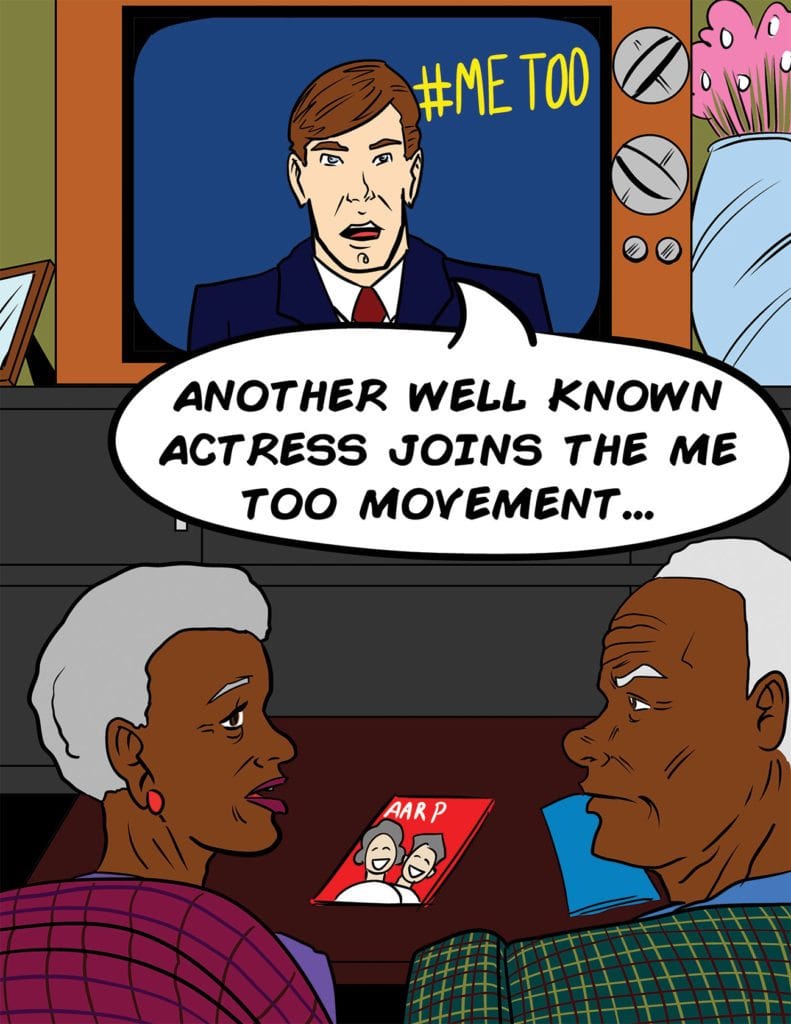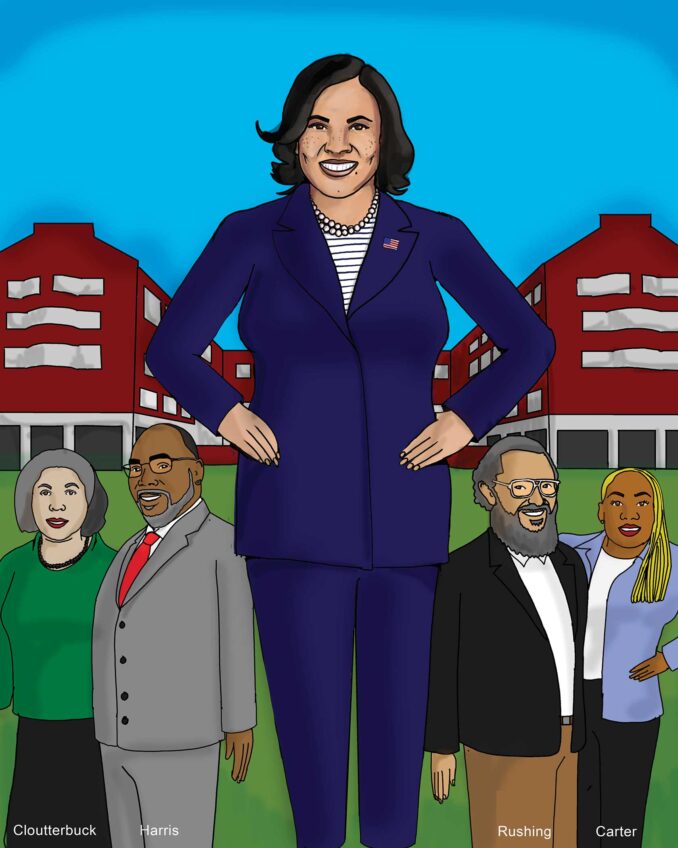#MeToo movement doesn’t always do justice
Due process imperiled by public trials

The #MeToo movement has become well known since women have begun standing up to prominent men and accusing them of sexual harassment. However, not everyone is aware that the movement began in 2006 with the efforts of Tarana Burke, an African American civil rights worker in the Bronx, to empower women who had been victimized by men. Now that the penalties for even being accused of sexual harassment are so severe, society must not circumvent judicial due process in order to prevent injustice.
Without question, the most serious sexual harassment offense is rape. In Massachusetts, when convicted of forcing a person to submit to rape by force or the threat of force, the defendant can be sentenced to a term of 20 years or even life in prison if the level of violence warrants. When facing conviction of such a serious offense, the veracity of the witnesses has to be well established.
While rape and sexual harassment can be very destructive to the quality of life for the victims, it can also be damaging to be wrongfully accused of such conduct. Two newspaper reports indicate the difficulties encountered by men who are wrongfully convicted.
The Boston Globe of May 9 published the story of Kevin O’Loughlin who was finally found innocent of the conviction of raping an 11-year-old girl 35 years ago. While in state prison he was beaten by other prisoners who do not treat child molesters kindly. As it turns out the case was a matter of mistaken identity.
A story of even greater injustice was published in the May 8 New York Times. Two young black men, Gregory Counts (19) and Van Dyke Perry (21) were charged with rape in 1991. A jury convicted them in 1992 although there was no physical evidence of their guilt, and the semen received from the accusing woman did not match either of the two defendants. The case rested on the testimony of the woman.
Both men proclaimed their innocence when they were jailed, but were not exonerated until recently after the Innocence Project and the Manhattan district attorney’s Conviction Integrity Program investigated the case and found a match for the semen with another man in the FBI database. When confronted with the testing results, the woman who had accused them admitted that there had been no rape. She had made the claim at the direction of her boyfriend.
On the basis of a false and perjured accusation, Perry spent 11 years in prison and Counts was in prison for 26 years. The Times report indicates that both men spent years of anguish while in prison trying to develop interest in this unjust prosecution. According to the report, the woman, whose name was never published, ultimately admitted that she had lied. And that is the reason no one’s statement in such a process should be accepted without cross examination by the accused.
While it is not as serious as rape, sexual harassment in the workplace is still oppressively odious to women. It is anticipated that by 2024, women will account for 47.2 percent of the total work force. Men had better get used to the reality that women will be holding more significant positions.
It is a clear violation of women’s civil rights to subject them to a hostile, sexually offensive and humiliating work environment. Indeed, offending men should be identified when accused of sexual harassment, but women making the charge should not be granted anonymity for complaints less than rape. That is part of the responsibility of stepping up.






